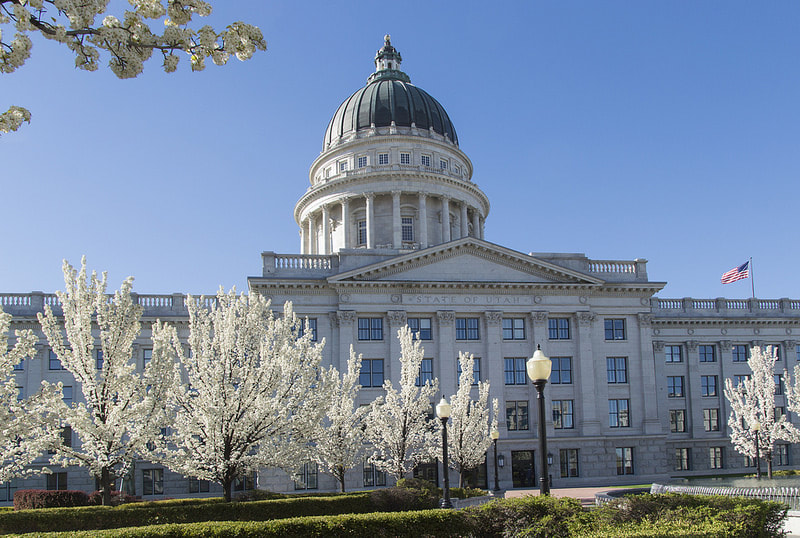| OK, drug lords, you’ve been warned. This time, the politicians are serious. No more crimes in Salt Lake City’s Rio Grande neighborhood, or else. The only people who know what “or else” means are the few who were allowed in a secret meeting Wednesday with Gov. Gary Herbert, House Speaker Greg Hughes and a few others, and they’re not saying. You aren’t likely to find a bigger advocate of open |
| | government than me. When taxpayer money and public safety are involved, the public needs to know what’s up. But now that the lawlessness around the Road Home shelter has turned deadly — this month alone one person died when a woman drove her car into a group of pedestrians and another died in a series of assaults near a freeway overpass —I’m willing to grant the elected officials some slack. They say they don’t want to tip off the bad guys, who might strategize and adjust. “We’re not going to let them know when we’re going to come and how we’re gong to come, but we are going to come,” said Lt. Gov. Spencer Cox. OK, fine, although it’s hard to imagine something more complicated than stepped-up law enforcement or surprise raids. Is the National Guard coming? In any event, it will be evident real soon whether the secret strategy is working. If you can’t figure it out by riding the blue line through the neighborhood and looking out the window, the few remaining business owners will tell you. The politicians spoke vaguely about more jail beds and more cops. Some time soon, we’re going to need to know what this costs and where the money comes from. Cox, apparently, has been put in charge of the operation, a kind of point person. For what it’s worth, this column was the first to suggest appointing a Homeless Czar, last May. The reason, I wrote at the time, was that we needed to “be sure local leaders, who exist in a naturally competitive environment, are making decisions in everyone’s best interest, not just protecting their own turf.” I’m not sure picking one of those political leaders, even on the state level, as a point person will do the trick. But if all the entities involved have bought into it, Cox could have the authority he needs. In any event, we’ll know soon. Despite the tough talk, I doubt many drug lords are afraid. Like the rest of us, they’ve heard it before, and not just this year. No one should be surprised that the hot summer has led to an increase in violence. It was about as predictable as that Jazz-Warriors series last spring. In April I warned that too many people were worrying about where to build new shelters while much of the west side of downtown was under siege. Before he decided he would rather be the police chief in tiny Moab, Salt Lake County Sheriff Jim Winder released a detailed plan on handling the summer violence. He suggested a monitored urban campsite for the homeless — a place to shoo people who violate the law by camping on sidewalks. He wanted to scan the license plates of every car that entered Rio Grande Street. Few people paid attention. Instead, Salt Lake Mayor Nancy Biskupski came up with her own plan involving cameras, bathrooms and the redesign of a street median. The county followed with a plan that incorporated some of Winder’s ideas. That was one month, two lives and several injuries ago. Let’s get real. The people who commit the kinds of crimes that constantly plague that neighborhood don’t care about bathrooms and cameras. They won’t be pacified by a nice campground. The city has a major crisis on its hands, fueled by illegal drugs and the opportunities that chaos provides. In the middle of this, the truly homeless are hopelessly vulnerable and endangered, and that is the real tragedy. I’m glad the state is onboard, exercised, outraged and talking tough. Sources close to the secret meeting tell me the plan is direct, comprehensive and effective. But time is ticking. It’s already late July in a hot and violent summer. The Rio Grande neighborhood can’t wait any longer. |


 RSS Feed
RSS Feed

